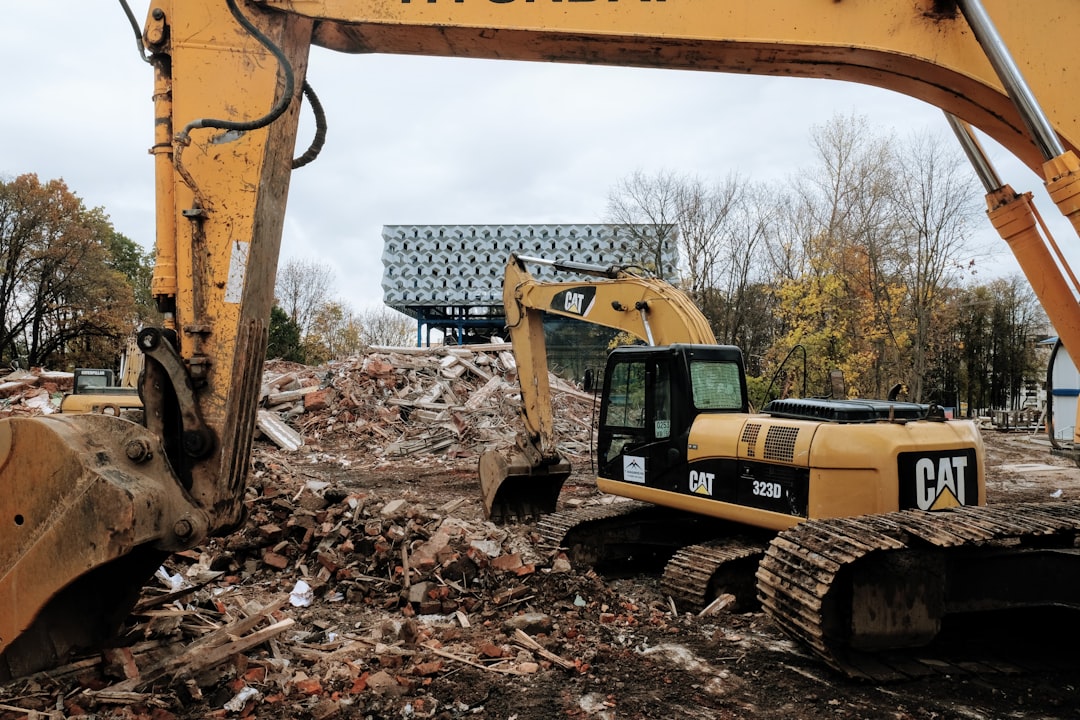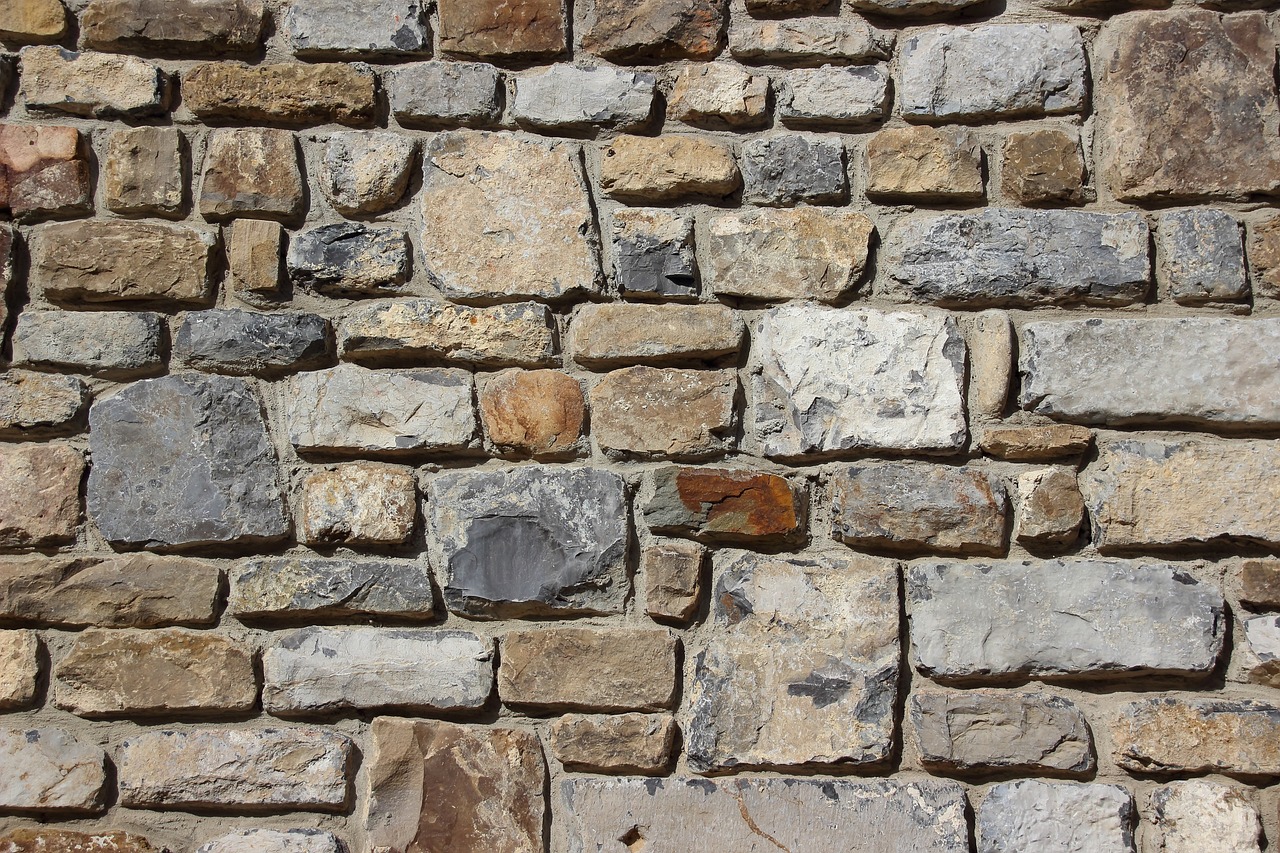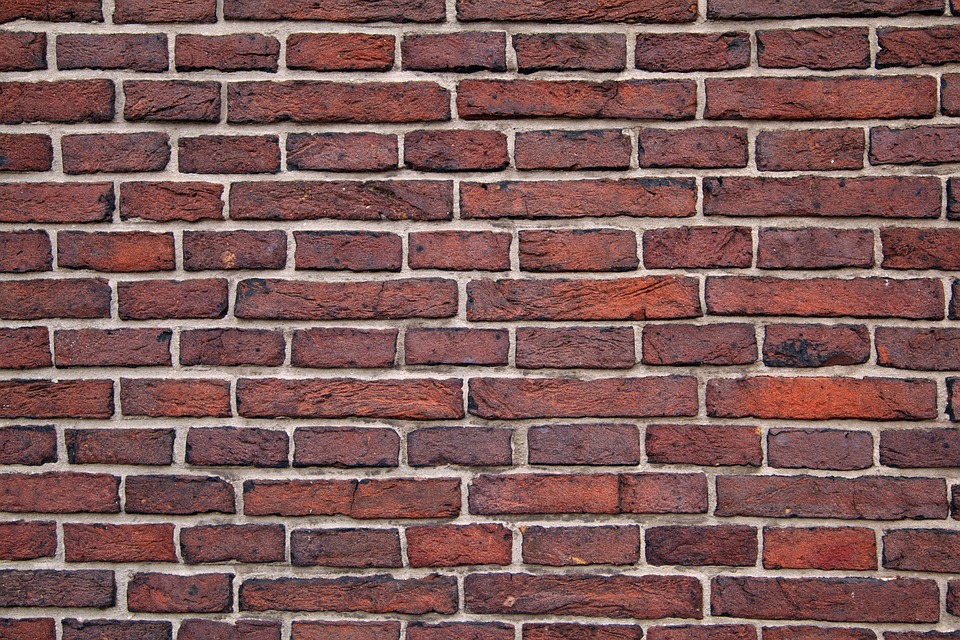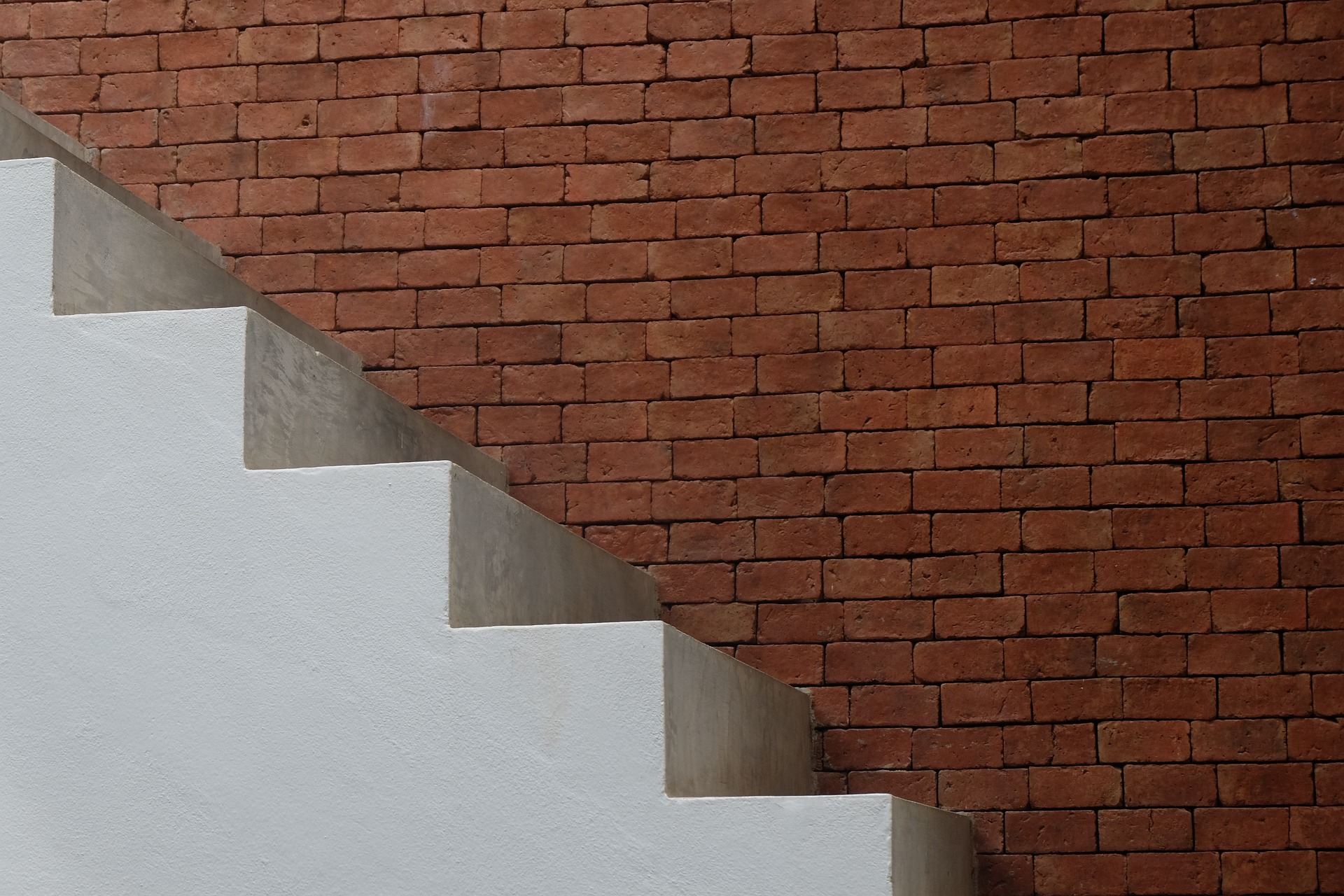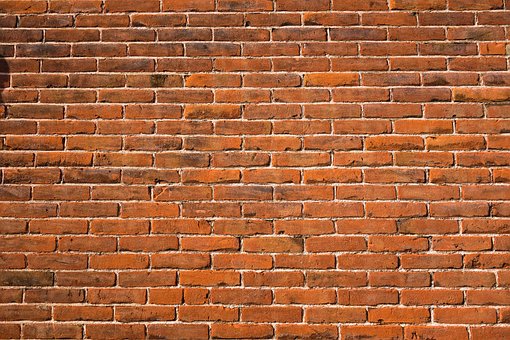The first thing required to make a good commercial concrete slabs Melbourne is a supply of good cement of a type that is suitable for the project at hand. On top of that, you need coarse aggregate, satisfactory sand, and water; all of which must be measured and weighed carefully. Therefore, to make the strongest and most durable concrete slab, you need a mix containing the strongest, cleanest, best graded and shaped aggregate. If you are looking for a supplier for commercial concrete slabs Melbourne, here are some qualities that their slabs should meet:
Strength
Concrete slabs have very high compressive strength. However, they rank relatively low when it comes to tensile strength (ability to resist twisting, bending, or stretching). For this reason, you must reinforce using steel concrete that must resist a good deal of twisting, bending, or stretching. But for concrete that will have to resist compressional forces only, there is no need for reinforcement.
Durability
Concrete has to be able to resist deterioration caused by exposure to high extreme forces. If the slab is to be exposed to the elements, it has to be weather resistant. For pavements and floor slabs, they have to be in a way that they can resist abrasion. Strength is the main factor controlling the durability of concrete. This means that the stronger the concrete, the more durable it will be. Even though water-cement ratio is the main factor controlling the strength of a concrete slab, the grading, size, and character of the aggregate also affect its durability and strength.
Watertightness
The best mix of concrete would be the one comprising of just the amount of water that is needed to completely hydrate the cement. Such a mix is known as a dry mix. The problem with this is it would not be fluid enough to pour in forms. If water is used over and above the amount that will combine with the cement, the mix will be fluid enough to be poured into forms. The only issue with this mix is it will leave pores or voids in the concrete slab when the water evaporates.
If these voids are not interconnected, it would still be impossible for water to penetrate. However, in most cases, these voids are interconnected. This is caused by the slight sinking of solid particles in the mix as the concrete hardens. Water-filled channels are left as the particles sink. Therefore, when the water evaporates, the channels become voids.
The concrete slab’s ability to remain watertight will be impaired if these voids are large and many. Therefore, it is important to use just the right amount of water to attain the necessary degree of workability and to ensure that the slab remains watertight.

